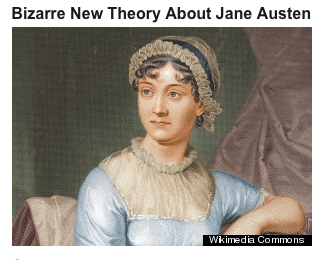


It is the best conceptual book I have read in economics in several years. he books aim of understanding social systems through a combination of game theory and history provides substantial insight.-Masahiro Aoki, Asahi Shimbun, Tokyo This is a very compelling and original work. From the Back Cover Accessible to all readers. He illustrates how game theory can be applied to an unexpectedly broad spectrum of problems, while showing in an admirably clear way what game theory might hold for scholars in the social sciences and humanities who are not yet acquainted with it.In a new afterword, Chwe delves into new applications of common knowledge, both in the real world and in experiments, and considers how generating common knowledge has be easier in the digital age. By using a rational-choice argument to explain diverse cultural practices, Chwe argues for a close reciprocal relationship between the perspectives of rationality and culture. Remarkably, a great variety of rituals and ceremonies, such as formal inaugurations, work in much the same way. This creates common knowledge, and advertisers selling products that depend on consensus are willing to pay large sums to gain access to it.

For instance, people watching the Super Bowl know that many others are seeing precisely what they see and that those people know in turn that many others are also watching. He shows that public ceremonies are powerful not simply because they transmit meaning from a central source to each audience member but because they let audience members know what other members know. Michael Chwe applies this insight, with striking erudition, to analyze a range of rituals across history and cultures. Members must have knowledge of each other, knowledge of that knowledge, knowledge of the knowledge of that knowledge, and so on.

Each person wants to participate only if others also participate. Game theory shows that in order to coordinate its actions, a group of people must form common knowledge. Book Synopsis Why do Internet, financial service, and beer commercials dominate Super Bowl advertising? How do political ceremonies establish authority? Why does repetition characterize anthems and ritual speech? Why were circular forms favored for public festivals during the French Revolution? This book answers these questions using a single concept: common knowledge.


 0 kommentar(er)
0 kommentar(er)
